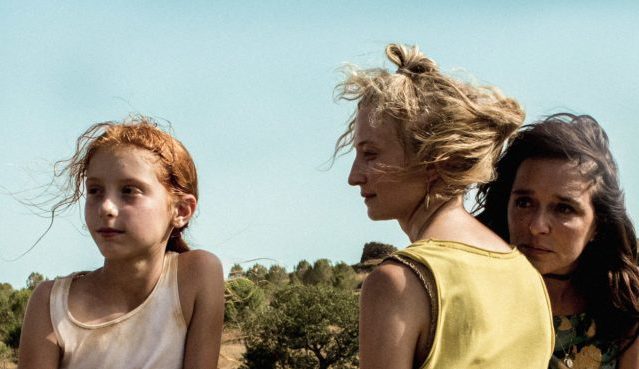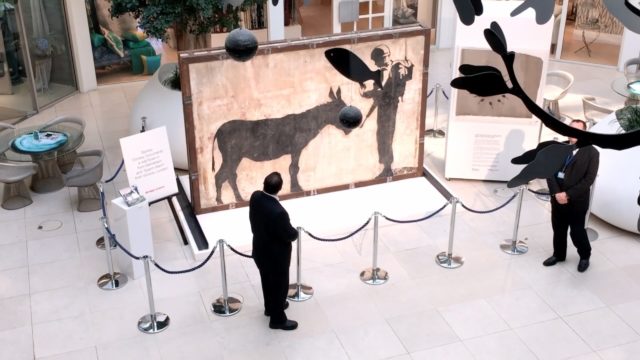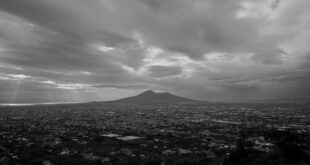Three contemporary Italian filmmakers will present their films at the 2018 Tribeca Film Festival, which is underway, including Laura Bispuri, Susanna Nicchiarelli and Marco Proserpio.

“Daughter of Mine”
Laura Bispuri’s “Daughter of Mine” (Figlia mia) delves into the complex world of adoption as a mother develops a curiosity and affection for the child she gave up a decade ago.
Angelica (Alba Rorhwacher) was young and poor when she gave birth to Vittoria. Tina (Valeria Golino), married and financially secure, was willing and able to take the burden off Angelica’s hands. Ten years later, Vittoria emerges sheltered and protected but with an undeniable free spirit. One day at the beach when she comes face to face with Angelica, she immediately senses something isn’t right. Then after another encounter, Vittoria starts sneaking away to spend time with her. After a few afternoons together, the natural mother-daughter bond becomes apparent and they can no longer deny the truth. Despite her efforts and sincere love for her daughter, Angelica’s demons make it dangerously hard for the two to get close.
Set amid the majestic sea and mountains of Sardinia, “Daughter of Mine” is an emotional yet simple story of three women in conflict who share a strong bond of love.

“The Man Who Stole Bansky”
Marco Proserpio’s documentary film, “The Man Who Stole Bansky,” begins with the Palestinian perspective on the internationally renowned street artist and soon turns into the discovery of an extensive secret market of works stolen from city streets around the world. The film explores the influence of cultures meeting and clashing in the face of unstable political situations and the ongoing debate of commercialization versus preservation in street art.
The story is told through interviews with art dealers, restorers, copyright lawyers and street artists themselves. They all take a side, and this film gives unique access to all of them. Proserpio is not looking to express a specific opinion. The goal is simply to pose questions. If graffiti is by definition an ephemeral form of art, should it then be allowed to disappear as the artists intended?

“Nico 1988”
Set between Paris, Prague, Nuremberg, Manchester, the Polish country side and the Roman seaside, “Nico 1988” starts in 1987 with Nico, 48, strung out on heroin but going on tour in Europe as a soloist with a new manager and getting off drugs as the tour progresses. She is with her son Ari, who she claimed was conceived with Alain Delon, though Delon denied paternity. Nico died in 1988 while on vacation with Ari on the Mediterranean island of Ibiza. Danish actress and musician Trine Dyrholm has garnered much attention and praise for her captivating performance in the lead role.
The 2018 Tribeca Film Festival runs through April 29.
 Fra Noi Embrace Your Inner Italian
Fra Noi Embrace Your Inner Italian





